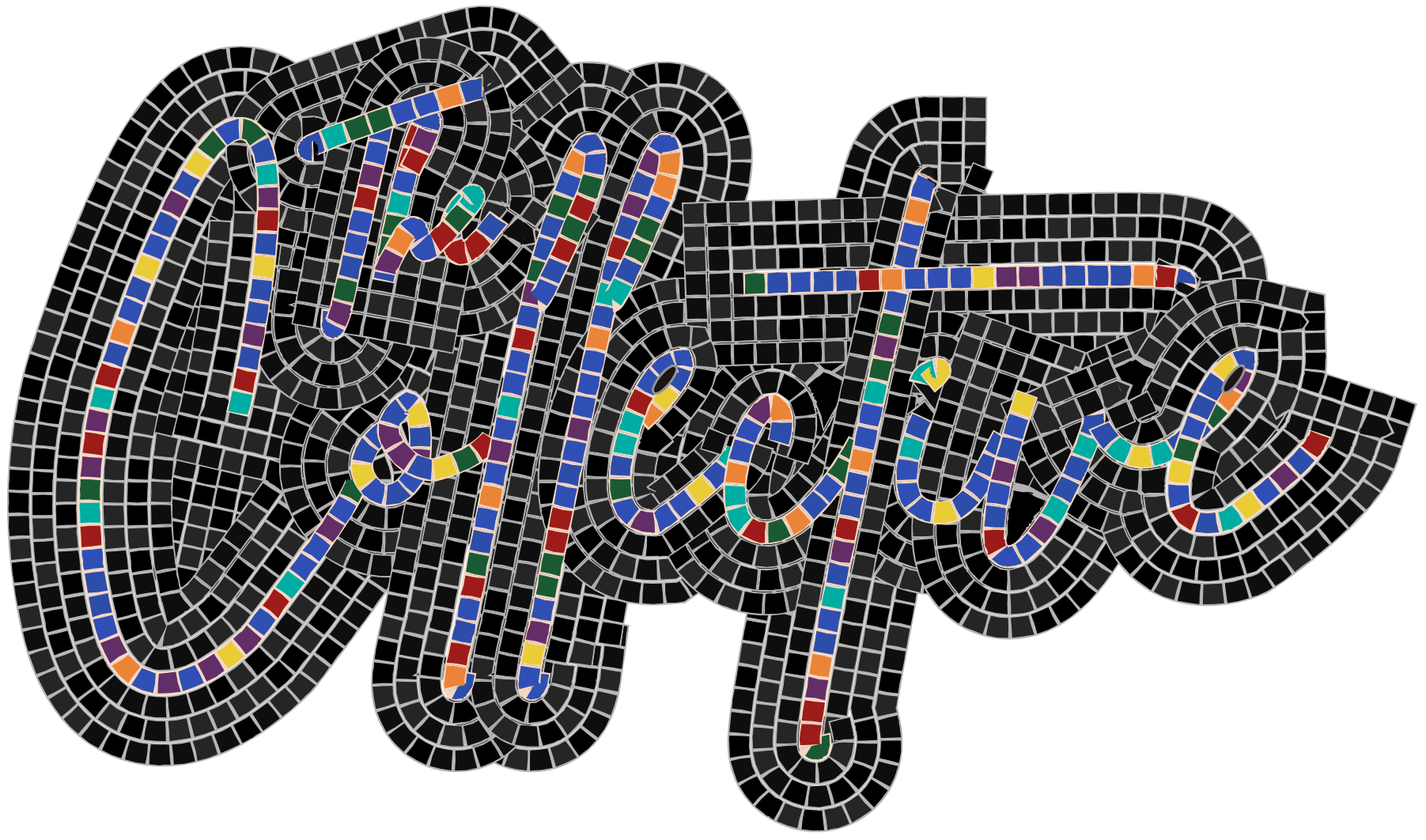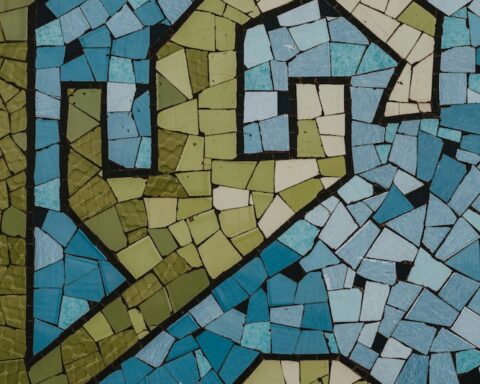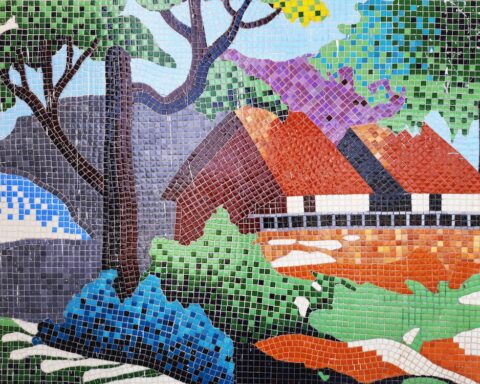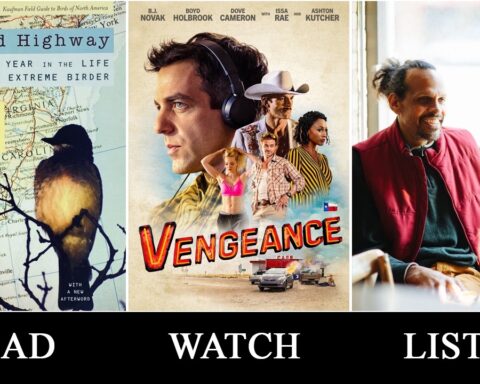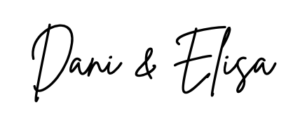In line with emerging themes in this issue, we asked our writers to reflect on what inclusive teaching/pedagogy means to them.
For me, inclusivity is meeting each student where they are and providing a pedagogical experience that meets their unique needs, aspirations, and personality. Yes, teaching involves imparting a lot of information, but we have to remember to listen as much as we talk. In this way, we will engage in reciprocal learning in which we teach both music and people.
Elisa Moles
Digging out, at the root, hegemonic understandings of “pedagogy” — the linear transfer of knowledge; the filling of a so-called empty mind by a so-called full one — and of “inclusion” — the dirty double offense of deigning to allow a marginalized group into the very system responsible for its marginalization. Destroying the false, finite, isolated binaries of “teaching + learning,” “teacher + learner.” Rebuilding anew — the messier the better.
Dani Nutting
Teaching what is needed to be overthrown. As Assata Shakur sais: “No one is going to give you the education you need to overthrow them. Nobody is going to teach you your true history, teach you your true heroes, if they know that that knowledge will help set you free.”
Ian Nutting
As a teacher of dramatic performance, I am very happy that my studio is so naturally diverse. Yet representation is a very small standard. Inclusivity, for me, is more about helping my actors break free from the “types” they are told to be and instead developing the brand that they choose to be. Inclusion is not just the acceptance of diversity of identity, but diversity of personal choice in terms of paths to success.
Vijay M. Rajan
Inclusive pedagogy involves considering the student’s desires and motivations, and working actively to include them in the curriculum. This liberates both the teacher and student from the “one way street” model of teaching (so prevalent in modern society) and encourages students to develop the confidence to make their voices heard. Students (especially young students) should be given the respect and space to develop their potential on their own terms, which will be beneficial for all as they step into their roles as the next leaders of our society.
Mona Sangesland
I would say that inclusivity comes down to meeting students where they are, as opposed to them having to adjust their norms to suit the teacher. It also means to listen and engage when someone presents an idea that could help make their environment more inclusive; there is always more room for growth.
Brandon K. Smith
When I theorize pedagogy and performance, I try to differentiate between “inclusivity” and its hegemonic cousin “subsumption.” Inclusivity requires knowing where one stands so as to willingly and perpetually displace oneself for others—or to quote Virginia Woolf, “I am rooted, but I flow.”
Noël Wan
